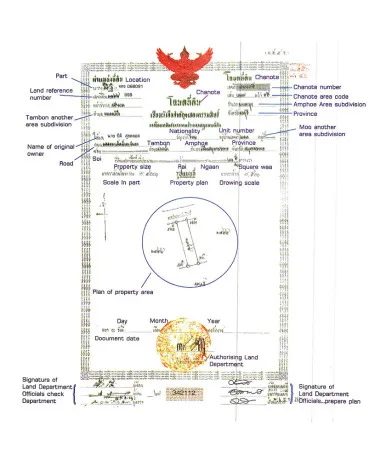We accept all the major credit cards and Paypal.
Pattern of Land Tenure
Basically, there are two types of land tenure in Thailand, namely leasehold and freehold. Lease hold titles are normally granted by the government, government agencies and institutions. However, some private owners with freehold land also offer leasehold titles to the private sector.
Government agencies which lease land to the private sector include The Crown Property Bureau (CPB) and the State Railway of Thailand. Examples are Chulalongkorn University and the Dusit Thani Hotel where land is leased from the CPB.
For leasehold tenure the lease period is normally 30 years with options to review for a further 30 years upon expiry of the initial lease period.
Leases for a term of more than three years of the life of the lessor or lessee are enforceable only for three years unless registered with the relevant Land Department Office. The duration of lease may not, in any event, exceed 30 years. Each extension of a lease may not exceed 30 years.
Forms of Land Title
Ownership of land, possession and use are governed by the land Code BE 2497 (1954), the Land Reform for Agricultural Act BE 2518 (1975), the Civic and Commercial Code and by regulations issued by the Ministry of the Interior.
Land may be acquired by sales, hire-purchase, gift, inheritance or adverse possession. A sale of land must be made by a written document and must be registered by the Land Department Office to be effective.
There are broadly 4 types of Land Title in Thailand, they being Title Deeds (Chanote), Confirmed Certificate of Use (Nor Sor Sam Kor), Certificate of Use (Nor Sor Sam) and Certificate of Possession (Sor Kor Nung) are common evidence of land ownership, possessory rights and other interests in land. An explaination of each follows.

Chanote (Title Deed)
Freehold title with the owner able to leave the land unattended. Title deeds are registered at the Land Department in the province in which the land is located and there is no wating time required to transfer title. Chanote titles are accurately surveyed, plotted in relation to a national survey grid and also marked by unique numbered marker posts set in the ground. It is the long term goal of the Land Department, that all land in Thailand will be covered under the Chanote title system. Nor Sor Sam Kor (Confirmed Certificate of Use)
This certifies that the person named on the certificate has the confirmed right to use the land, implying all requirements for the issuance of title deed have been met, and issuance of the title deed is pending. They may be sold, leased, used as mortgage collateral etc. The holder of this certificate cannot leave the land unattended for more than 12 years.
The Chanote and Nor Sor Sam Kor Are the only titles over which registerable right of ownership or lease can exist and are as such the only ones that a prudent foreigner should consider.
Nor Sor Sam (Certificate of Use)
Similar to the above Confirmed Certificate of Use except that not all of the formalities to certify the right to use have been performed. Before a transfer can be made, a notice of intent must be posted and then 30 days public notice is necessary before any change of status over the land can be registered.
Sor Kor Nung (Certificate of Possession)
This recognises that a person is in possession of land but the Certificate does not imply that there are any rights associated which the possession. It is not transferable, but a person in possession may transfer physical possession and the new possessor may apply for a new Certificate of Possession.

